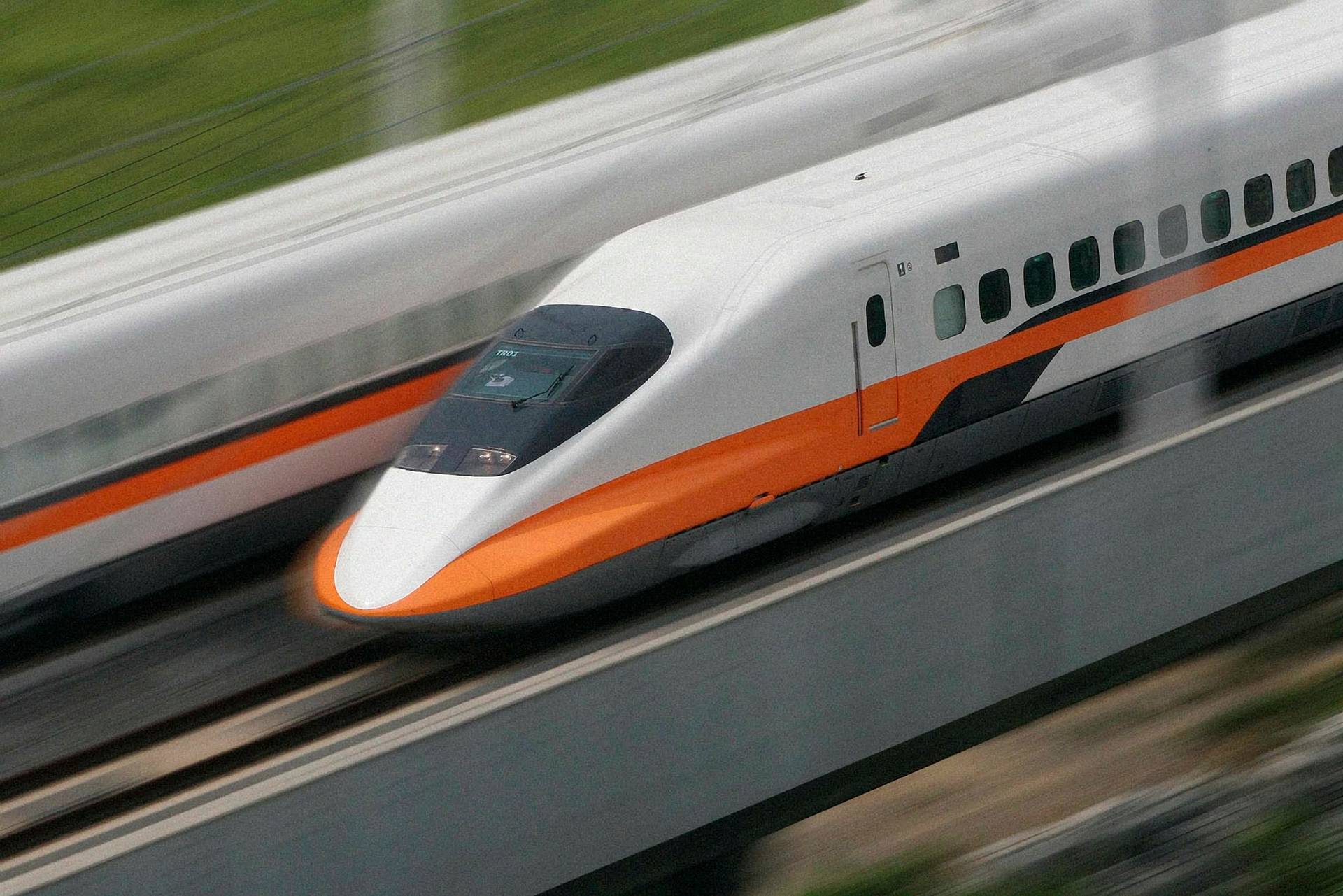
Metro systems: a key driver in decarbonizing transportation
Metro systems play a vital role in urban development and in decarbonizing transportation. By setting science-based carbon reduction goals and switching to renewable energy sources, metro systems are leading the way to a greener, more sustainable transportation future.

In 2019, the Intergovernmental Panel on Climate Change (IPCC) reported that the transport sector accounts for about one-quarter of global greenhouse gas emissions. Of this, road transport is the largest contributor, accounting for 70 percent of all transportation emissions, meanwhile only 1 percent came from rail.
Rail and metro transportation play a vital role in sustainability by offering energy-efficient, low-emission alternatives that help reduce traffic congestion and air pollution, aligning with global climate goals. To reach their full potential and ultimately set the standard in carbon management in transportation, these systems must decarbonize. Decarbonization involves minimizing the carbon footprint at every stage of a metro system's life cycle.
Using Life Cycle Assessment to reduce environmental impact
The decarbonization life cycle assessment (LCA) model can be used to identify the environmental impacts of metro development at different stages: from the extraction and processing of raw materials, to the manufacturing and transportation of metro vehicles and infrastructure, up until the construction and operation of the metro system.
To develop effective decarbonization strategies, it's essential to comprehend how carbon emissions are distributed across these three stages. This insight enables a targeted approach. For instance, if embodied carbon is the predominant contributor, efforts should concentrate on reducing emissions from material production and transportation.
Frameworks such as the Publicly Available Specification (PAS) 2080 standard look at the whole value chain, aiming to reduce carbon and reduce cost through more intelligent design, construction and use. As the global standard for managing infrastructure carbon, it encourages collaboration along the supply chain to identify and reduce carbon, specially embodied carbon.
Setting science-based carbon reduction goals for metro systems
Setting clear and ambitious carbon reduction goals is an initial step in metro systems' carbon management. The Science-Based Targets Initiative (SBTI) offers a framework aligned with the Paris Agreement to limit global warming. This commitment ensures that metro systems work toward reducing their environmental impact in line with global climate goals.
Making the switch to renewable energy
One way to decarbonize operational metro systems is to switch to renewable energy sources. One example of this is the hydrogen-powered railway project in central Italy that is being developed by AECOM, Iberdrola, and Italian partners Cinque International and Ancitel Energy and Environment. This project aims to revitalize Italy's historic Apennine diesel railway with hydrogen trains, replacing diesel trains and reducing greenhouse gas emissions.
The project involves upgrading the 300-kilometer Apennine line, one of Italy's first hydrogen railways. It also includes pre-feasibility work for a green hydrogen-powered rail line linking Rome and Ascoli Piceno, assessing hydrogen manufacturing potential, and exploring new energy and environmental technologies for post-earthquake reconstruction.
A commitment to the future
Metro systems play a key role in decarbonizing transportation. By committing to carbon reduction goals and sustainable outcomes, adhering to global standards and implementing groundbreaking solutions like hydrogen-powered rail, metro systems are leading the way to a greener, more sustainable transportation future.